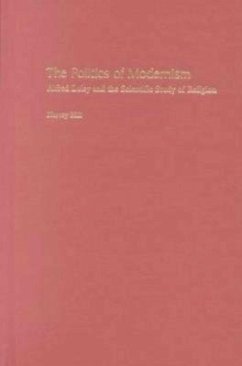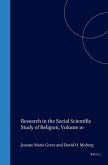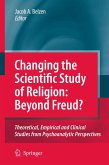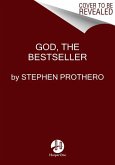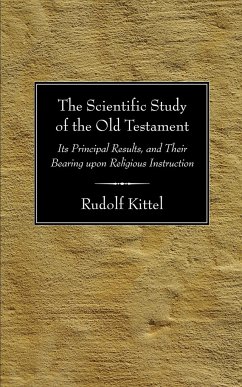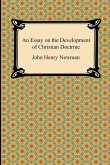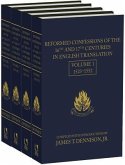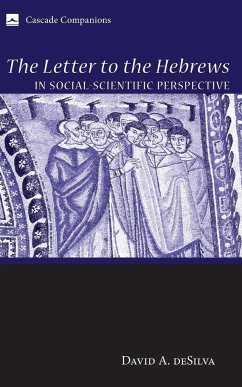In the nineteenth century, most people assumed that the "modern spirit" and Catholicism, the great "religion of authority, " were irreconcilably opposed. However, some tried to combine the two in a reformed and modernized Catholicism. These efforts, and the reaction of the institutional Church against them, precipitated the Modernist Crisis. Alfred Loisy (1857-1940) was at the center of this dramatic conflict between advocates and opponents of "modernity." Loisy believed that his adoption of scientific methods to study the Bible and the history of Christianity necessarily committed him to a campaign to modernize Catholicism as a whole. In this book, Harvey Hill describes the emergence, articulation, and ultimate fate of Loisy's reform program as he interacted with allies and opponents of his modernizing agenda. By tracing Loisy's early intellectual and religious development in more detail than have previous scholars, Hill shows how Loisy self-consciously placed his historical scholarship at the service of a positive reform agenda from the very beginning of his ecclesiastical career and that he viewed this reform agenda as an intrinsic part of his critical work. Drawing on some of Loisy's unpublished writings and little-known articles, Hill goes on to demonstrate that Loisy's efforts to reform Catholicism presupposed a new view of the nature and limits of Church authority in relation to the secular state as well as to modern scholarship. Hill uses Loisy's political views to illustrate the more general challenge to ecclesiastical authority that was, again, an intrinsic part of the modern scientific study of religion as Loisy understood it. Hill's interpretation of Loisy and thetheology and politics of the scientific study of religion will interest students of Catholic Modernism, the history of modern religion, and the emergence of religious studies as an academic discipline.
Hinweis: Dieser Artikel kann nur an eine deutsche Lieferadresse ausgeliefert werden.
Hinweis: Dieser Artikel kann nur an eine deutsche Lieferadresse ausgeliefert werden.

